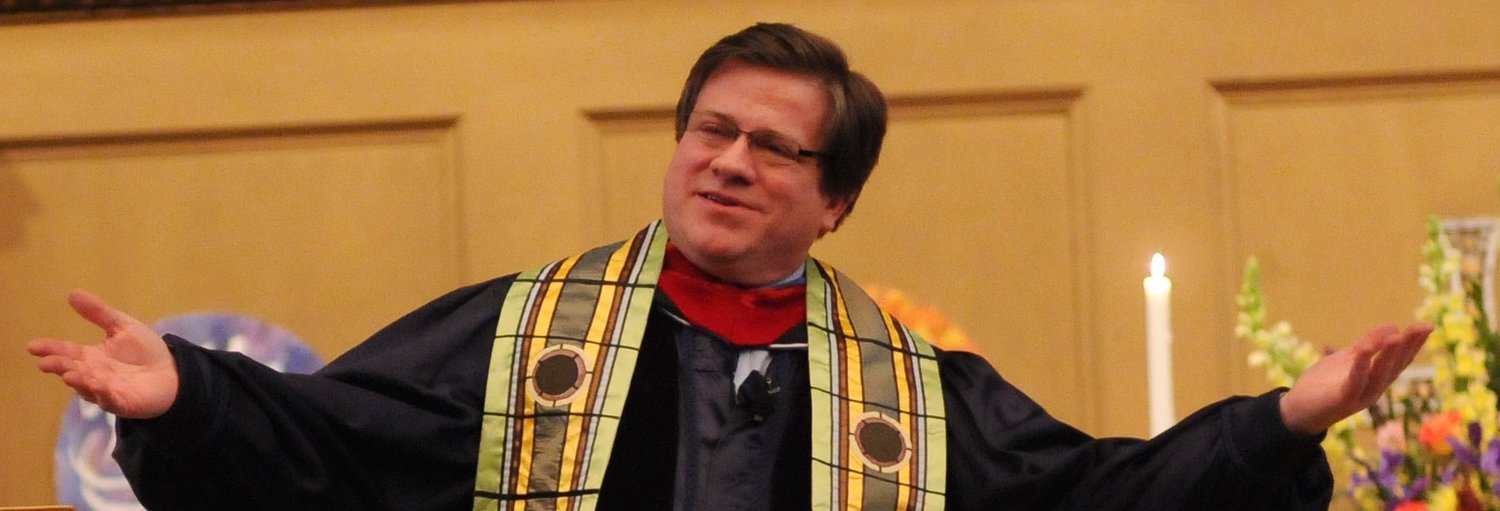For the Inward Journey, Day Two
When Knowledge Comes
The setting is the garden of Eden. Adam and Eve are the central figures in an idyllic surrounding. All is peaceful. All is innocent. They are told by God that they are free to do anything except one thing. They are forbidden to eat the fruit of the tree of knowledge which grows in the midst of the garden. For if they eat of the fruit they shall be driven from the garden and from that day forward they shall be responsible for their own lives. They eat of the fruit; they are driven out of the garden; they become responsible for their own lives. With the coming of knowledge, they have lost their innocence.
The transition from innocence to knowledge is always perilous and fraught with hazard. There is something very comforting and reassuring about innocence. To dwell in innocence is to inhabit a region where storms do not come and where all the breezes are gentle and balmy. It is to live in the calm of the eye of the hurricane. It is to live in a static environment which makes upon the individual no demands other than to be. All else is cared for, is guaranteed.
But when knowledge comes, the whole world is turned upside down. The meaning of things begins to emerge. And more importantly, the relations between things are seen for the first time. Questions are asked and answers are sought. A strange restlessness comes over the spirit and the enormity of error moves over the horizon like a vast shadow. Struggle emerges as the way of life. An appetite is awakened that can never be satisfied. A person becomes conscious of himself; the urge to know, to understand, to find answers, turns inward. Every estimate of others becomes a question of self-estimate, every judgment upon life becomes a self-judgment. The question of the meaning of one’s self becomes one with the meaning of life.
This process of moving from innocence to knowledge is never finished. Always there is the realm of innocence, always there is the realm of knowledge. Always there is some area of innocence untouched by knowledge. The more profound the growth of knowledge, the more aware the individual becomes of the dimensions of innocence. Pride in knowledge is always tempered by the dominion of innocence. Often we do not become aware of innocence until we experience knowledge.
(For the Inward Journey: the writings of Howard Thurman.
Selected by Anne Spencer Thurman. pages 19-20
originally published in The Inward Journey)
“When knowledge comes, the whole world is turned upside down.” I learned something about a dear friend that surprised and saddened me recently. How I wish I could “un-know” the things I learned about someone I deeply admire? My world—or at least a little part of my world—has been turned upside down! How I yearn to discover the innocence that was lost.
And then . . . there are the times that I’m learning things about myself that also turn my world upside down. The hard truths of my own periods of harsh judgment—self-judgment, and judgment of those around me—that over-step what is useful. That could immobilize me, push me toward depression, encourage me to isolation.
The isolation of my morning “prayer closet”—this time of sitting and breathing and opening myself up to what is in my heart—is a place where I can instead experience some of the notions Thurman raises: restlessness, struggle as a way of life, consciousness which is enlivened by the urge to find answers. In that struggle urged by what I know, I confront what I do not and cannot know: that Great Mystery which fills my heart with hope, gratitude and a quiet spirit. Perhaps even innocence.
